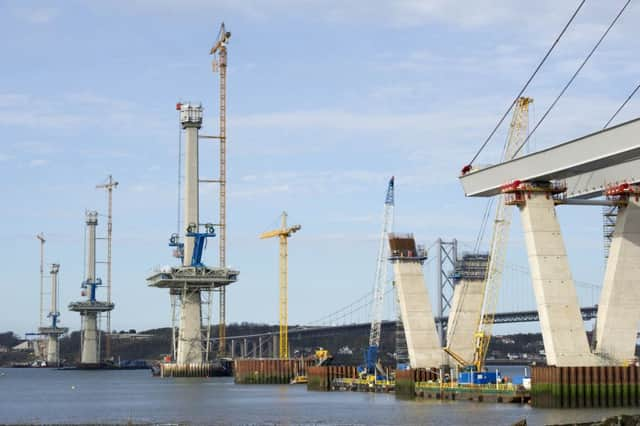All to play for at Rio Olympic Games


The pressure is on for the organisers of the 2016 Olympic and Paralympic Games being staged in Rio de Janeiro. With just over a year to go before the opening ceremony, construction has been delayed on a number of key facilities while others are just beginning. The rush to complete the projects within 12 months has potential to raise expenses and push the costs significantly beyond the £8.5 billion cost to the Brazilian economy.
While the organisers say they are confident they will complete everything on time, the building of these permanent structures represents only one aspect of the Olympics Games construction challenge. There is the often more complex provision of temporary facilities including bridges, scaffolding, portable buildings and arenas as well as temporary services such as water, electricity and air conditioning to manage. Putting in place these support facilities and services involves around 35 service agreements for each required project. To help ensure completion on time, the Games’ organisers have put in place a programme of disputes boards to ensure there will be no delays resulting from disputes. Dispute boards offer a sensible option as they are structured to identify potential problems early on and develop solutions to avoid disputes arising or escalating. Should a dispute arise in the midst of construction, the boards are there to resolve it while work progresses, a key element of risk mitigation and management for the Games.
Advertisement
Hide AdAdvertisement
Hide AdDispute boards members are usually appointed at the beginning of a project and stay in place throughout. They are typically made up of an independent panel of construction and/or legal professionals. They sometimes have a proactive role, visiting a site regularly and identifying and dealing with potential issues as they arise. Alternatively, they can be brought in as and when disputes arise to make recommendations or reach decisions, to a fast-track timetable.
Their key benefit is that they manage any contractual conflicts to deliver a quick resolution.
Dispute boards are not a new invention. They were first introduced in the United States and used on the boundary dam project in Washington in the 1960s in the form of a joint consulting board.
Dispute boards were also used on the Big Dig Tunnel project in Boston, a $14 billion construction contract which took 14 years to build. The World Bank has now made the use of dispute boards mandatory since 1995 for projects with a budget of more than $50m (£8.9bn).
They’ve also been implemented in the UK for the Channel Tunnel and Docklands Light Railway projects.
Scotland’s new Forth Crossing has also put one in place. Indeed, the London Olympics organisers put in place a disputes board in the form of a 12-member adjudication panel and an eight member independent dispute avoidance board to ensure disputes did not impact the 2012 Games.
Despite their effectiveness, dispute boards have been slow to catch on. This is partly because projects need to be of sufficient scale to justify the costs of a standing board. However, for some of the major infrastructure or long-term framework projects planned in Scotland, it could be an option worth considering.
Here in the UK, another reason for their patchy use is that we have other options including the use of mediation in the event of disputes. We also have statutory adjudication, which can provide a fast track alternative to court or arbitration. Introduced in 1998 to move the industry away from its adversarial approach in its contracting practices, construction adjudication is a 28-day process designed to resolve disputes.
Advertisement
Hide AdAdvertisement
Hide AdThis was intended to be a quicker and cheaper option than the alternatives of court or arbitration which enabled work to progress and cash flow to be maintained while any contractual disputes are resolved. It has not always worked exactly as intended in practice but does remain the predominant forum for construction disputes.
Like these other options, the use of dispute boards demonstrates the international attempt being made to identify potential disputes on major building projects and manage them in a constructive rather than contentious manner. While the Rio de Janeiro Olympic Games organisers appear to have a mountain to climb between now and next August, it is hoped the creation of the Brazilian Dispute Boards will help ensure the successful delivery of the world’s greatest sporting event in 2016.
• Shona Frame is a construction partner at law firm CMS, www.cms-cmck.com